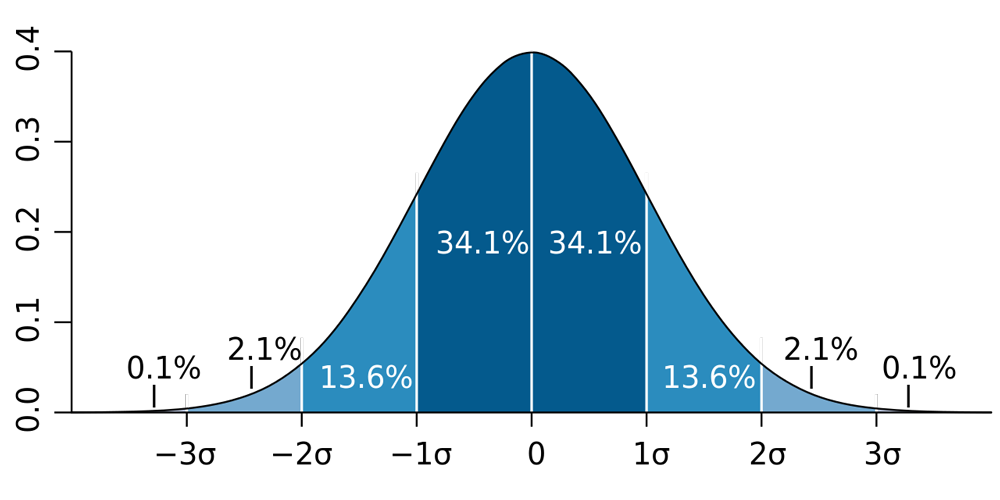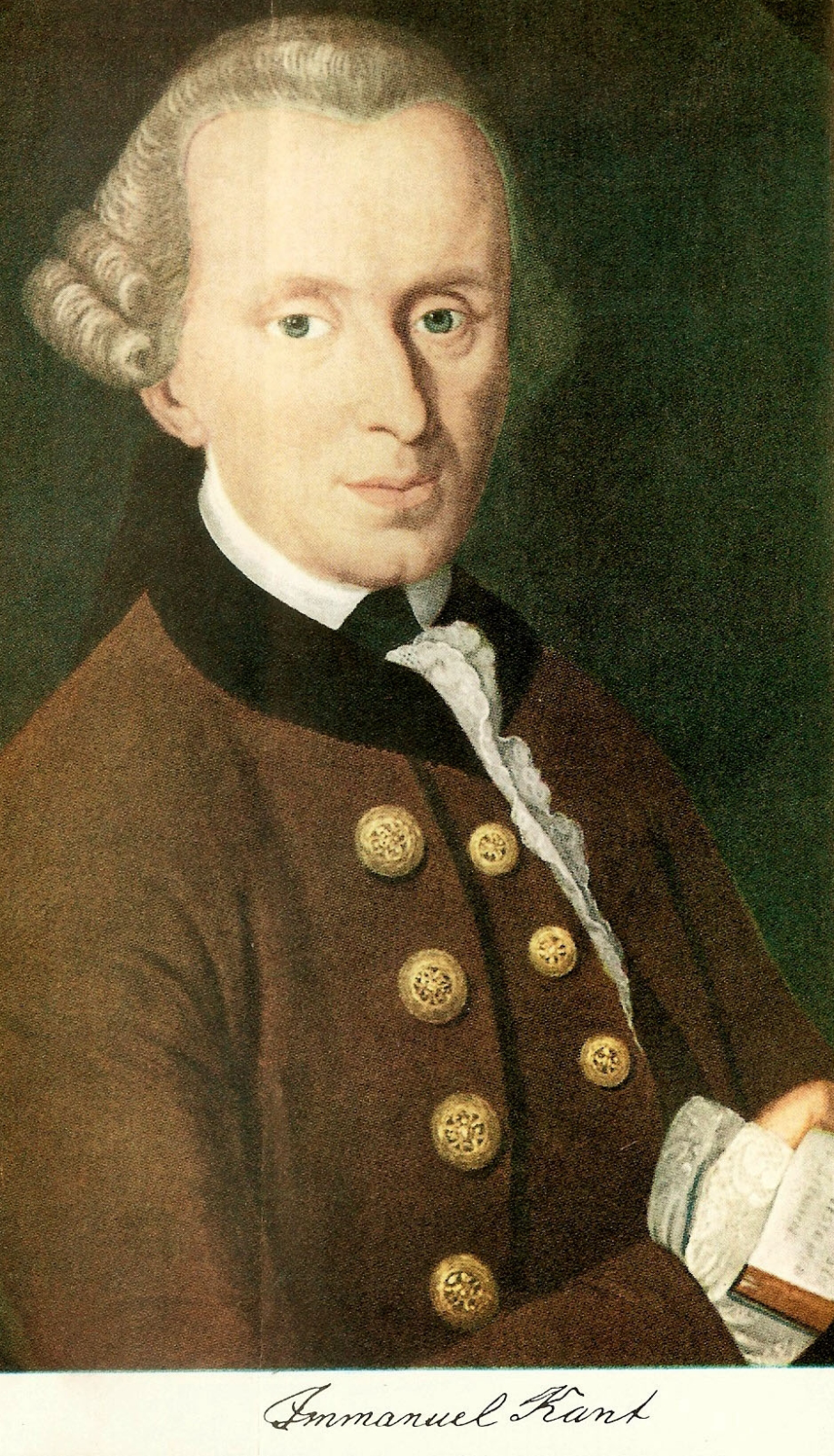Generalization
by Andrew Boyd
Today, we generalize. The University of Houston presents this series about the machines that make our civilization run, and the people whose ingenuity created them.
Is generalization good or bad? Let's explore.
Generalization is the act of taking specific examples and making broader inferences. When I see water bubbling on a stove, I assume it's hot. That's because every time I've encountered this situation before the water was, in fact, hot. The value of this generalization is pretty clear: it keeps me from constantly burning my hand.

Spahgetti cooking in boiling water. Photo Credit: Wikimedia Commons/Eloquence
Most of what we learn as young children results from generalization. We learn what a dog is by seeing many dogs. We learn hugs are acceptable but hitting isn't. Generalization allows us to deal with situations we've never encountered before. When I greet someone I've never met, I know it's appropriate to shake hands.
But generalization does more than simply allow us to cope with our daily lives. It's led us to a profound understanding of our world. Drop a rock and it won't float into the sky. And we didn't learn this because we read it on a set of instructions that came with the universe.
We've learned to quantify our generalizations. Do more than half of the homes in the U.S. have three or more televisions? We don't have to ask every household. We can ask only a tiny proportion and generalize to the entire country. And we can do so with great certainty thanks to math, which itself is generalized from abstract symbols on a page to real world situations.

Graph depicting the formula for standard deviation. Photo Credit: Wikimedia Commons/Nusha
Any way you look at it, generalization is one of the most powerful weapons in the human arsenal. But as we know all too well, it's a two-edged sword.
Where we get into trouble is making generalizations that simply aren't true. Sometimes our transgressions are easily forgiven. "Everyone loves going to Aunt Myrtle's" you proclaim while making vacation plans, when if you really thought about it you'd realize the kids would much rather go to the beach.
Other generalizations have more far reaching consequences. "Rich people don't care about the poor." "Poor people are lazy." The fact is many wealthy people give their time and money to support the poor, while many poor people work endless hours trying to stay afloat. Psychologists tell us we make these generalizations to simplify our lives; to do away with the many nuances that complicate decision-making. Unfortunately, it's often to the peril of those around us.
But we needn't be held hostage to generalization. Counterbalancing our ability to generalize is another powerful human capacity: our ability to reason. Reason allows us to look at the details of a particular situation and determine what's true, or at least to make our best reasoned determination. Generalization is a very useful capability — just as long as it doesn't get in the way of the facts.

Philosopher Immanuel Kant. Photo Credit: Wikimedia Commons
So is generalization good or bad? Fact is, it can be both. One can argue it's humankind's greatest strength and greatest weakness.
I'm Andy Boyd at the University of Houston, where we're interested in the way inventive minds work.
(Theme music)
For a related episodes, see SPECIFICS AND GENERALITIES
What is Generalization? From the Explorable website: https://explorable.com/what-is-generalization. Accessed May 6, 2015.
This episode was first aired on May 14, 2015